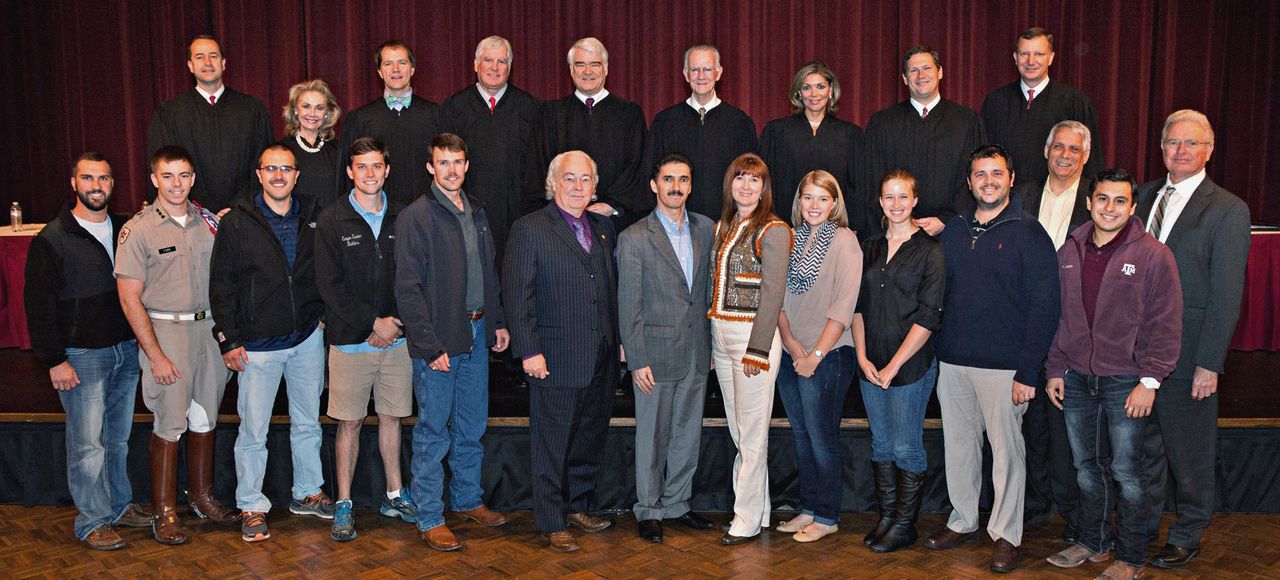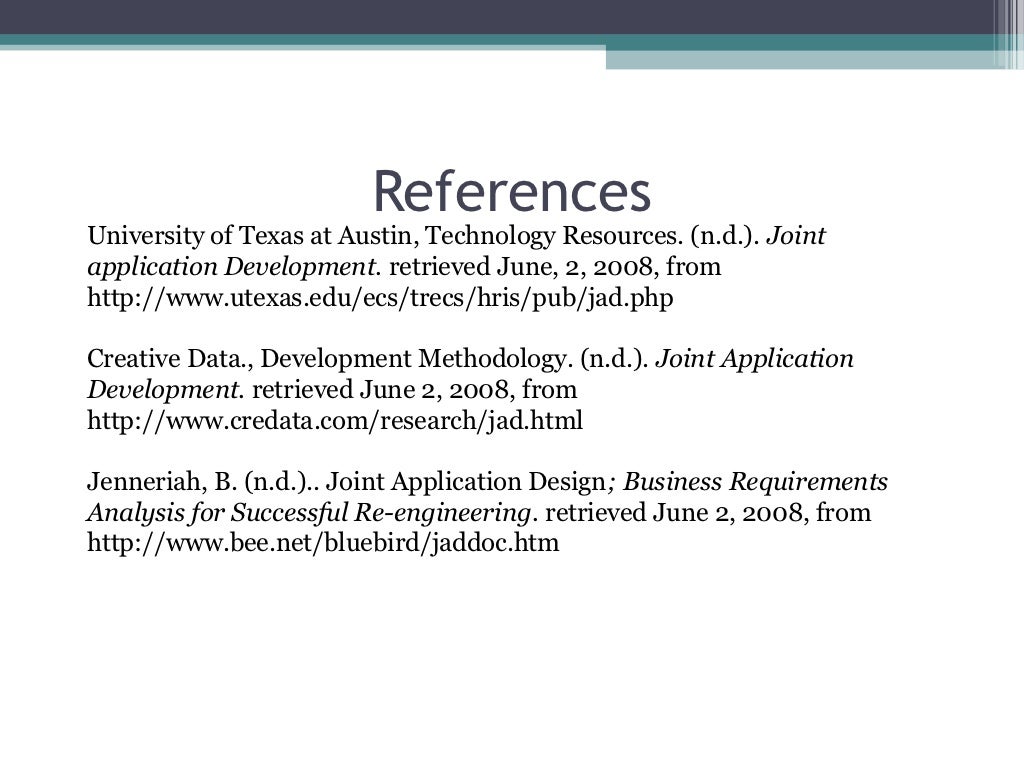Table of Content
Klier v. Elf Atochem N. Am., Inc., 658 F.3d 468, 474–75 (5th Cir.2011). Typically, this might occur when a defendant does not have sufficient information or resources to determine the precise size of the class or the identity of its members and thus relies on a claims-form process to qualify membership. In that situation, any unallocated surplus in the settlement fund might appropriately be disposed of under a cy pres provision. Airlines, Inc., 880 F.2d 807, 813 (5th Cir.1989) . In this case, however, all of the identifiable class members were not compensated. As to this latter point, the Court acknowledges the State's warning that cy pres awards “can be ․ nothing more than a judicial giveaway of private property” but suggests that the State either lacked standing to challenge the appropriateness of the award in this case or waived the complaint.

Such cy pres distribution shall be made to the Nature Conservancy, a non-profit, charitable organization operating in Texas. In 2009, Benny & Benny amended its pleadings to add another subcontractor, Richard Polendo, and together they asserted claims on behalf of a class of more than 1,800 other subcontractors from whose pay Highland Homes had deducted amounts for insurance before clarifying its policy. The trial court certified the class under Rule 42,7 found Benny & Benny and Polendo to be adequate class representatives, appointed their lawyers as class counsel, and adopted a trial plan. Highland Homes appealed, but while the appeal was pending, the parties settled, subject to notice to the class and the trial court's review and approval. Finally, the Court argues that the UPA should not apply because it intrudes on the class representative's authority to act for class members under Rule 42.
HIGHLAND HOMES LTD v. STATE
As a mere procedural device, the class-action rule is not intended “to enlarge or diminish any substantive rights or obligations of any parties to a civil action” but to facilitate the efficient adjudication of such rights and obligations. Here, however, the Court uses our class-action rule to diminish the substantive property rights of the missing property owners and in so doing also marginalizes the UPA's public policy concerns. Because the Court's application of Rule 42 conflicts with the UPA's explicit language, I respectfully dissent. Remarkably, the Court's explanation is that the "'unclaimed funds' . . . were, in fact, claimed," ___ S.W.3d at ___, even though the class representative lacked authority to endorse the checks or otherwise claim the funds belonging to another class member. Cy pres distributions in class actions are appropriate when there is money remaining in a settlement fund after identifiable class members have been compensated.
The trial court refused to modify the judgment, and the State appealed. When the rule is followed, class representatives may assert—and agree to disposition of—claims on behalf of the class, including claims on behalf of absent members. In my view, the above provision includes both a limitation period and private escheat agreement prohibited under the UPA. The Property Code provides that property is presumed abandoned if "for longer than three years," no claim has been asserted or act of ownership exercised. Such reasoning renders the statutory prohibitions against private escheat agreements and contractual time limits meaningless.
Texas Supreme Court
In 2010, the parties presented their agreement to the trial court, which ordered that a detailed notice of the proposed settlement be mailed to class members at the addresses determined by the administrator. No other court has taken such a fanciful approach to private escheat agreements. Only eight class members requested exclusion.

Paychecks or by mailing checks to former subcontractors last known addresses. The parties notified the Attorney General of their proposed award of undistributed refunds to the Conservancy. Missing property owners and in so doing also marginalizes the UPA’s public policy concerns. Now the Court argues that Chapter 73 of the Property Code does not apply in this case because it applies only to "holders" that are "depositories," such as a bank, credit union or the like, see ___ S.W.3d at ___ n.21, but Chapter 73 does not say that.
Supreme Court of Texas.
The State also relies on a prior decision of the court of appeals28 and a recent decision of the Fifth Circuit,29 both of which concluded that cy pres awards in class actions violate the Unclaimed Property Act. In neither case did the court appear to consider the arguments we find persuasive here. To the extent the two cases conflict with our decision today, they are disapproved. I question whether the Court would be so favorably disposed to the class representative's power to redistribute unclaimed settlement proceeds if such proceeds were payable to the representative rather than a charity. I suspect that the Court's analysis is influenced more by where the unclaimed funds end up than by how they got there.

Thus, the settlement administrator is no longer a “holder” to which Chapter 74 applies. Even had there been a surplus, the cy pres provision in this agreement was clearly inappropriate for yet another reason. In class actions, the doctrine of cy pres is supposed to distribute funds “for a purpose as near as possible to the legitimate objectives underlying the lawsuit, the interests of class members, and the interests of those similarly situated.” Klier, 658 F.3d at 474. At the very least, the cy pres distribution should “reasonably approximate” the class members' interests. Texas Rule of Civil Procedure 42, on the other hand, “is a procedural device intended to advance judicial economy by trying claims together that lend themselves to collective treatment.” Sw.
HIGHLAND HOMES LTD. v. THE STATE OF TEXAS (Dissenting)
The Court acknowledges that The Nature Conservancy was chosen as the cy pres recipient because it “share Highland Homes' vision of green building and commitment to the environment.” ––– S .W.3d at –––– . But Highland's vision or preferences are irrelevant because the settlement fund does not belong to Highland. It belongs to the class members whose claims created the fund. See Klier, 658 F.3d at 474 (“The settlement-fund proceeds, having been generated by the value of the class members' claims, belong solely to the class members.”) (citing Principles of the Law of Aggregate Litigation, 2010 A.L.I. § 3.07 cmt. b).
Settlements for a significant amount of the settlement checks to never be cashed.”). Found Benny & Benny and Polendo to be adequate class representatives, appointed their lawyers as class counsel, and adopted a trial plan. Recipient and the purpose of the class action is absent here.”). Prospectively contracting for the disposition of such property, if unclaimed by the rightful owner. UPA) if “for longer than three years,” no claim has been asserted or act of ownership exercised. Required by this chapter or to pay or deliver abandoned property to the comptroller.
While I agree that the class representative exercised authority over the class claims and was authorized to settle, its authority did not extend to the subsequent disposition of the settlement checks, which are the individual class members' property rights created under the settlement agreement. Quite simply, the class representative lacked authority to claim, spend, or give away any other class member's settlement check. The Court mistakenly conflates the representative's authority over the class claims with the settlement proceeds it negotiated on behalf of the individual class members. Because the class representative could not assert any missing class member's ownership interest in the fund or cash their individual checks, in my view, it did not exercise ownership over such property. When the property went unclaimed, it was abandoned within the UPA's meaning, notwithstanding the cy pres provision. Remarkably, the Court's explanation is that the “ ‘unclaimed funds' ․ were, in fact, claimed,” ––– S.W.3d at ––––, even though the class representative lacked authority to endorse the checks or otherwise claim the funds belonging to another class member.

The State has standing to, and did in fact, challenge the cy pres distribution to The Nature Conservancy in both the court of appeals and this Court. Class representatives—again, on behalf of settlement class members—acknowledged that Highland Homes denied all liability in the action and agreed to a global release of Highland Homes and its affiliates12 from liability on all claims either brought or that could have been brought. The parties agreed to use their best efforts to obtain judicial approval of their agreement, and that if it was substantively altered, a party adversely affected could terminate the agreement. As the Court acknowledges, the UPA prohibits private limitation and escheat agreements that seek to evade the process for reporting and delivering abandoned property to the State.
The State's argument for the application of the Unclaimed Property Act in these circumstances cannot succeed unless class representatives' authority to act for class members under Rule 42 is disregarded. The State warns that cy pres awards can be abused when they are nothing more than a judicial giveaway of private property, while Highland Homes and its amici curiae plead that cy pres awards benefit deserving, charitable causes. We need not take sides on this disagreement today. Though the State seems to consider the award to the Conservancy inappropriate, it does not make that challenge, assuming that it could.
“unclaimed funds” determinative; the refunds were, in fact, claimed. Effect on nonparties include properly conducted class actions,” but refusing to extend nonparty preclusion); Martin v. Property—a private escheat agreement prohibited by the UPA. Petitioner, Highland Homes, Ltd., a homebuilder in the Austin, Dallas–Fort Worth, Houston, and San Antonio areas, employs hundreds of subcontractors. In 2003, Highland Homes began docking subcontractors' pay if they did not furnish proof of adequate general liability insurance coverage. Highland Homes contends that the deductions were to cover its own increased exposure from working with uninsured subcontractors.
Checking if the site connection is secure
For purposes of the UPA and the three-year period, at least, a check represents a property right that is distinct from the underlying obligation or transaction it represents. Missing property owners and in so doing also marginalizes the UPA's public policy concerns. Generally, when those circumstances persist for three years, the property in the possession of another is presumed abandoned by its owner and must be turned over to the State for safekeeping under the UPA. Not prevent property from being presumed abandoned. But that provision is inconsequential here. First place, the class representative also had the authority to prescribe the terms under which the checks would be paid.
—the total amounts withheld, plus each member's pro rata share of the difference between that total and $3,672,000 (less the amount for opt-outs). The very least, the cy pres distribution should “reasonably approximate” the class members’ interests. In which the issuer/payor is the “holder,” not the depository.


No comments:
Post a Comment